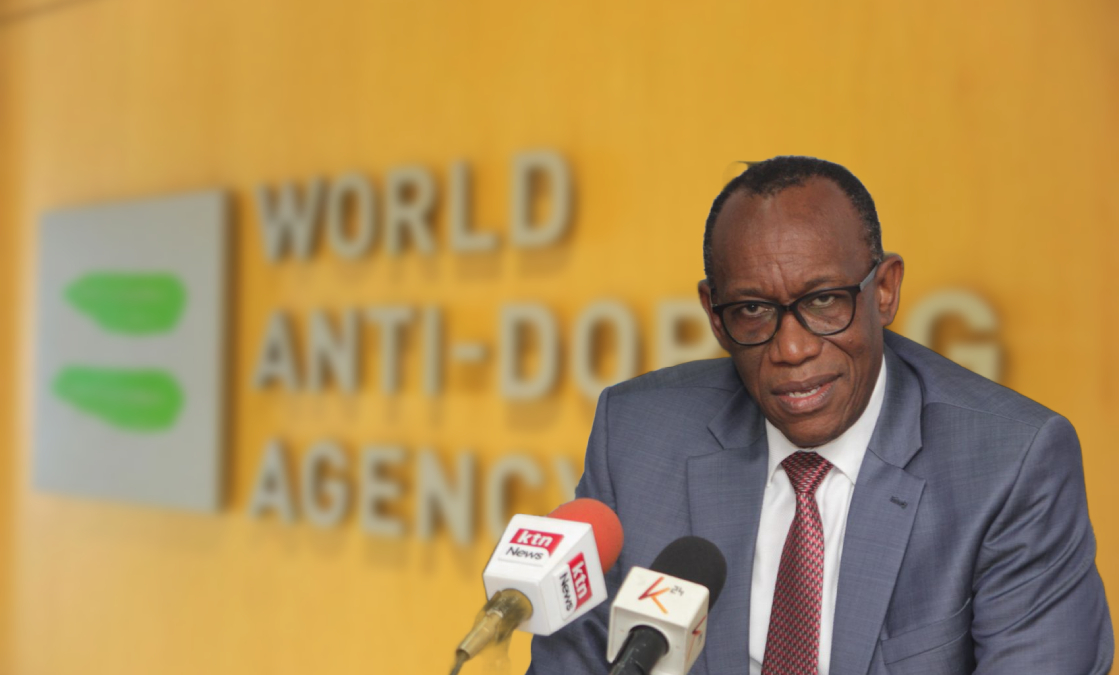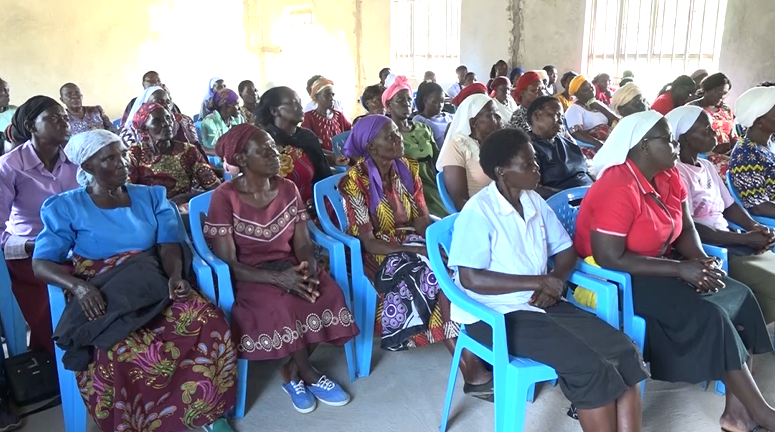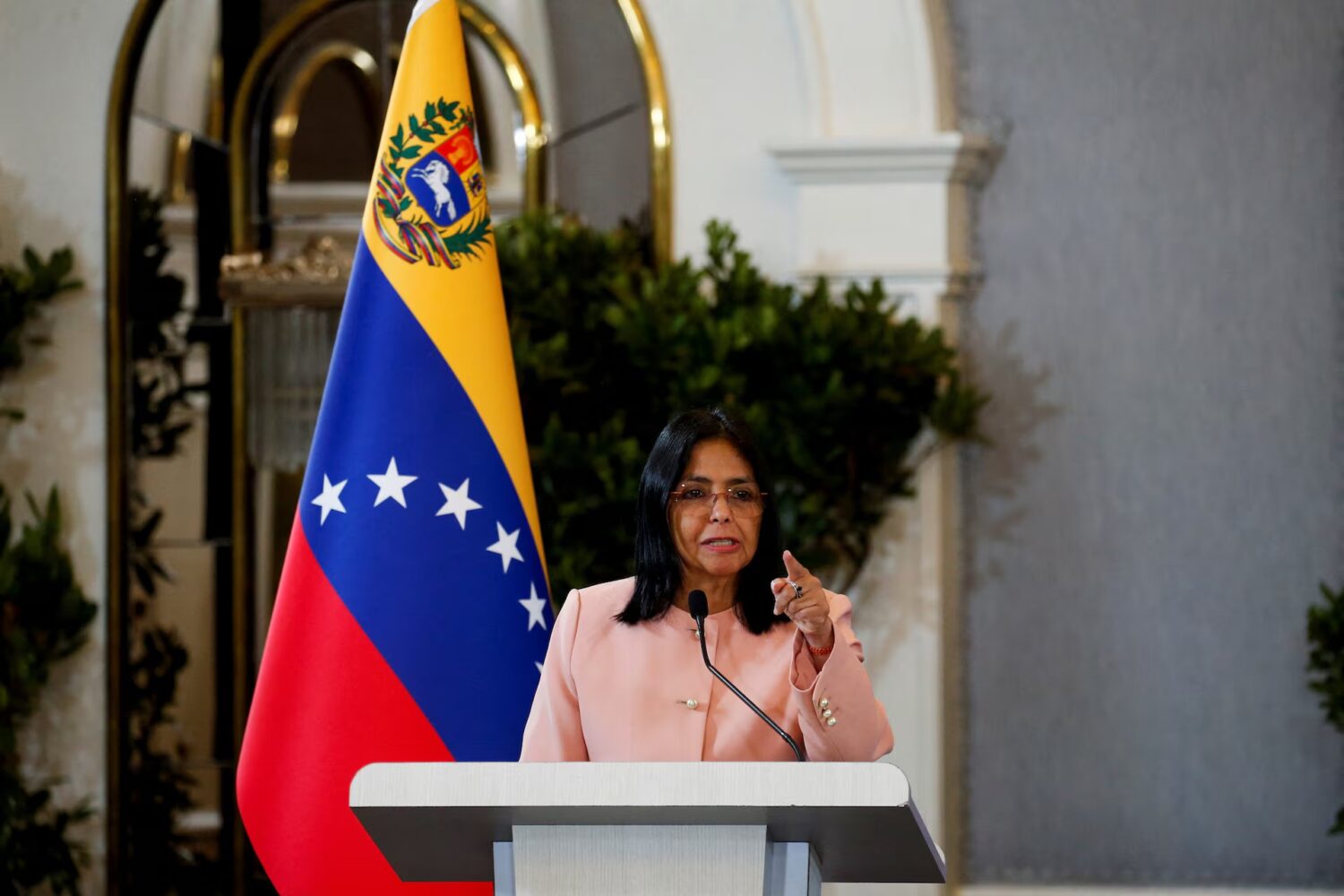The Anti-Doping Agency of Kenya (ADAK) has raised concerns over severe underfunding, cautioning that the financial strain could lead to Kenya’s non-compliance with the World Anti-Doping Agency (WADA), a move that could see Kenyan athletes banned from international competitions.
Appearing before the National Assembly Sports and Culture Committee, ADAK’s Chief Executive Officer Sarah Shibutse revealed that the agency has been unable to pay rent for its Parklands offices since July 2024, putting them at risk of eviction. “The landlord has issued a notice because we haven’t paid rent since June 2024. If this persists, we risk having our assets auctioned,” Shibutse explained.
Beyond rent, ADAK is also struggling to meet other essential expenses, such as staff salaries and utility bills. As the agency depends solely on government funding, in line with WADA regulations, these financial difficulties pose a serious threat to its operations.
Impact of Budget Cuts
The Kenyan Government significantly reduced ADAK’s budget for the 2024/25 fiscal year, slashing KSh 268 million, leaving the agency with just KSh 20 million to operate. In response, ADAK Chairman Amb. Daniel Makdwallo expressed deep concern over the cuts, stating that the agency’s activities have essentially been paralyzed.
“We are at risk of not being able to host or send our athletes to international competitions because the agency cannot conduct regular testing, both in and out of competition,” Amb. Makdwallo explained.

Operational Paralysis
The budget cuts have halted ADAK’s ability to carry out regular anti-doping tests, which are crucial for maintaining athletes’ compliance with global regulations. Additionally, legal actions against athletes who violate anti-doping policies have been paused, and anti-doping education programs have been suspended.
The cash crunch comes at a critical time, as ADAK was preparing to launch a five-year enhanced anti-doping program for athletes. However, the agency’s current financial situation makes this initiative unattainable.
Kenya’s International Standing at Risk
The inability to fund anti-doping efforts puts Kenya’s reputation in global athletics at significant risk. Failure to meet WADA’s compliance standards could result in Kenyan athletes being banned from international events.
Amb. Makdwallo emphasized the financial challenge, noting that each anti-doping test costs approximately 600-700 euros per athlete. Without sufficient funds, ADAK will be unable to carry out its core mandate, which threatens Kenya’s standing on the global sports stage.
Over the past three years, ADAK has sanctioned 78 athletes for Anti-Doping Rule Violations (ADRVs). The agency’s crucial role in maintaining clean sports in Kenya is now at stake.
Call for Urgent Government Support
Chairman Amb. Makdwallo appealed to the government to restore ADAK’s budget. The restoration of funds is essential to resume operations and ensure Kenya’s continued compliance with international anti-doping regulations. Failure to address the funding shortfall could have dire consequences for Kenya’s future in global sports.
ALSO READ: Kenya faces non-compliance risk with WADA after Anti-Doping Budget Cut












